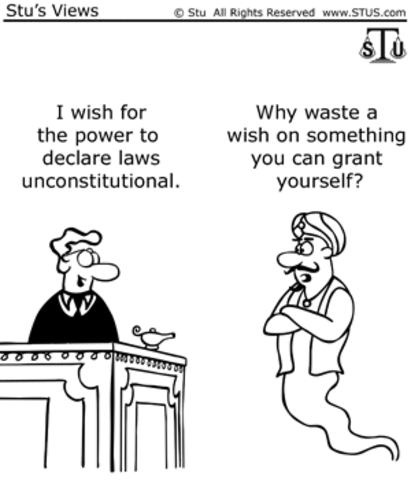On 4 February 1801, John Marshall was sworn in as chief justice of the United States. His legacy is a profoundly practical one, and one that still rankles with many.
He, along with many of the founding fathers, accepted as wisdom of Montesquieu’s separation of powers. In Marshall’s words, the legislature makes, the executive executes, and the judiciary construes the law.
His lasting achievement – or mischief, from Thomas Jefferson’s point of view – was the segue from a separation of powers to judicial oversight of legislative instruments. In Marbury v Madison, the chief justice informed the president that it was for the judiciary and not for the legislature to determine whether the legislature’s laws are valid.
Marshall and Jefferson were relatives but definitely not friends, and the news was not received well. A reason put for Marshall’s dislike was a belief that Jefferson had poured dirt on Marshall’s mentor Washington. Whatever, the electoral college had given Washington his first presidency on 4 February 1789.
By and large, Marshall’s view has survived. Yes, it is undemocratic, but when powers are separated, who guards the other guards?
